Herb Garden Prep
Dharma5433
10 years ago
Related Stories
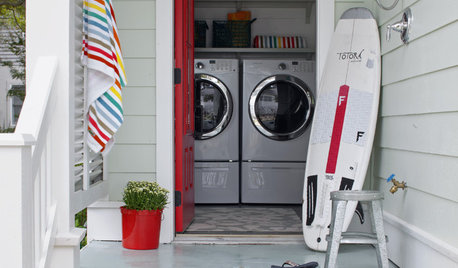
GARDENING AND LANDSCAPINGGet a Jump on Summer Prep for Home and Garden
Pick from these 16 things to do now — from hanging a hammock to bug-proofing screens — to maximize summer's sweetness
Full Story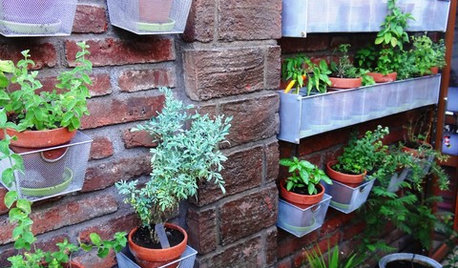
GARDENING GUIDES9 Fresh Herbs for Crowd-Pleasing Thanksgiving Dishes
Pluck these herbs from a windowsill pot or a garden for a Thanksgiving meal that sings with fresh flavor
Full Story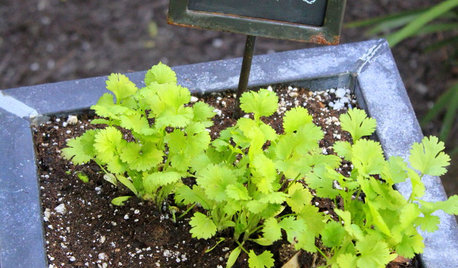
GARDENING GUIDESHerb Garden Essentials: Versatile Cilantro Adds Flavor to Herb Gardens
Love it or hate it, this cool-season herb contributes its unique flavor to any number or the world’s cuisines
Full Story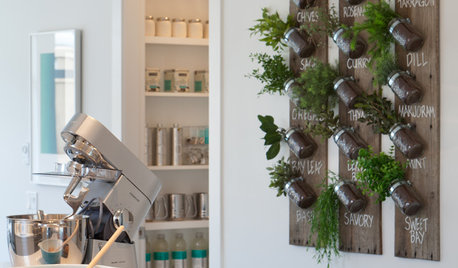
SHOP HOUZZShop Houzz: In the Market for Fresh Herbs
Add a fresh look or scent to your home with these herb-inspired finds
Full Story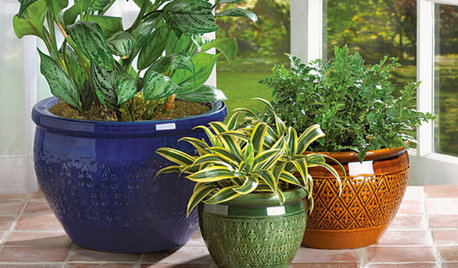
SHOP HOUZZShop Houzz: Prep Your Garden and Patio
Plan for spring now by getting your potting tools, accessories and patio furniture in order
Full Story0
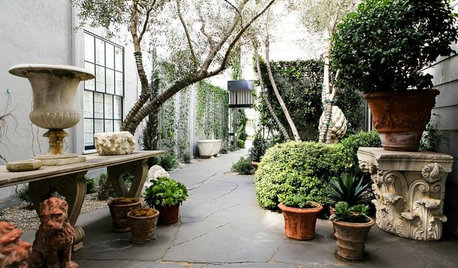
SHOP HOUZZShop Houzz: Prep Your Garden and Patio for Spring
Everything to cultivate a green outdoor oasis — and to sit back and enjoy it
Full Story0
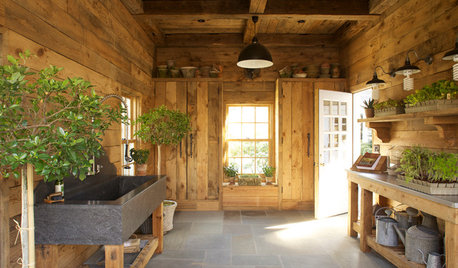
SHOP HOUZZShop Houzz: Prep Your Potting Shed
Create a workspace for every season with a potting bench, storage and garden decor
Full Story0
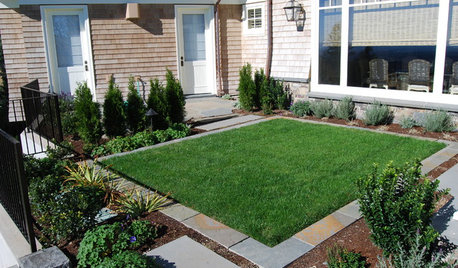
GARDENING GUIDESHow to Prep Your Ground for a Healthy New Lawn
Seed or sod that falls on weedy, lumpy soil is a wasted effort. Follow these steps to ensure that your new lawn will thrive
Full Story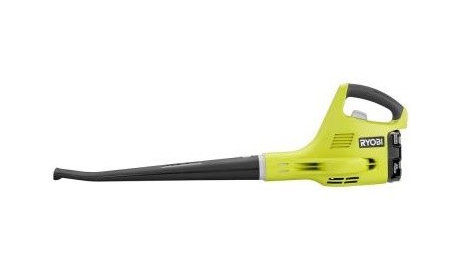
FALL GARDENING8 Must-Have Tools for Fall Backyard Prep
Autumn outdoor work feels overwhelming, but these handy tools can keep it under control
Full Story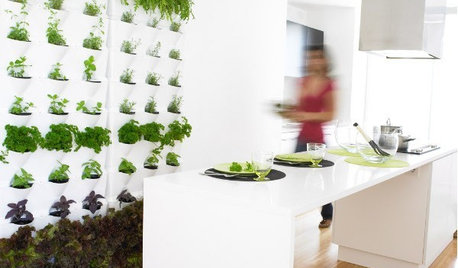
Guest Picks: Herb Gardens for Small Kitchens and Gardens
Up the wall, easily portable or beautifully decorative, these solutions help even the smallest kitchens and balconies get growing
Full StoryMore Discussions






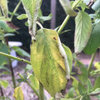
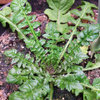
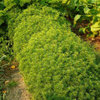
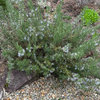
seysonn
fatamorgana2121
Related Professionals
Clermont Landscape Contractors · Berwyn Landscape Contractors · Bethel Park Landscape Contractors · Edwardsville Landscape Contractors · Farmington Landscape Contractors · Firestone Landscape Contractors · Fruit Heights Landscape Contractors · Mesa Landscape Contractors · Newnan Landscape Contractors · Oxnard Landscape Contractors · Pompano Beach Landscape Contractors · Roswell Landscape Contractors · Seymour Landscape Contractors · Winter Gardens Landscape Contractors · West Orange Roofing & GuttersDharma5433Original Author
zzackey
fatamorgana2121
Noel.101
Earthendelight
lkzz